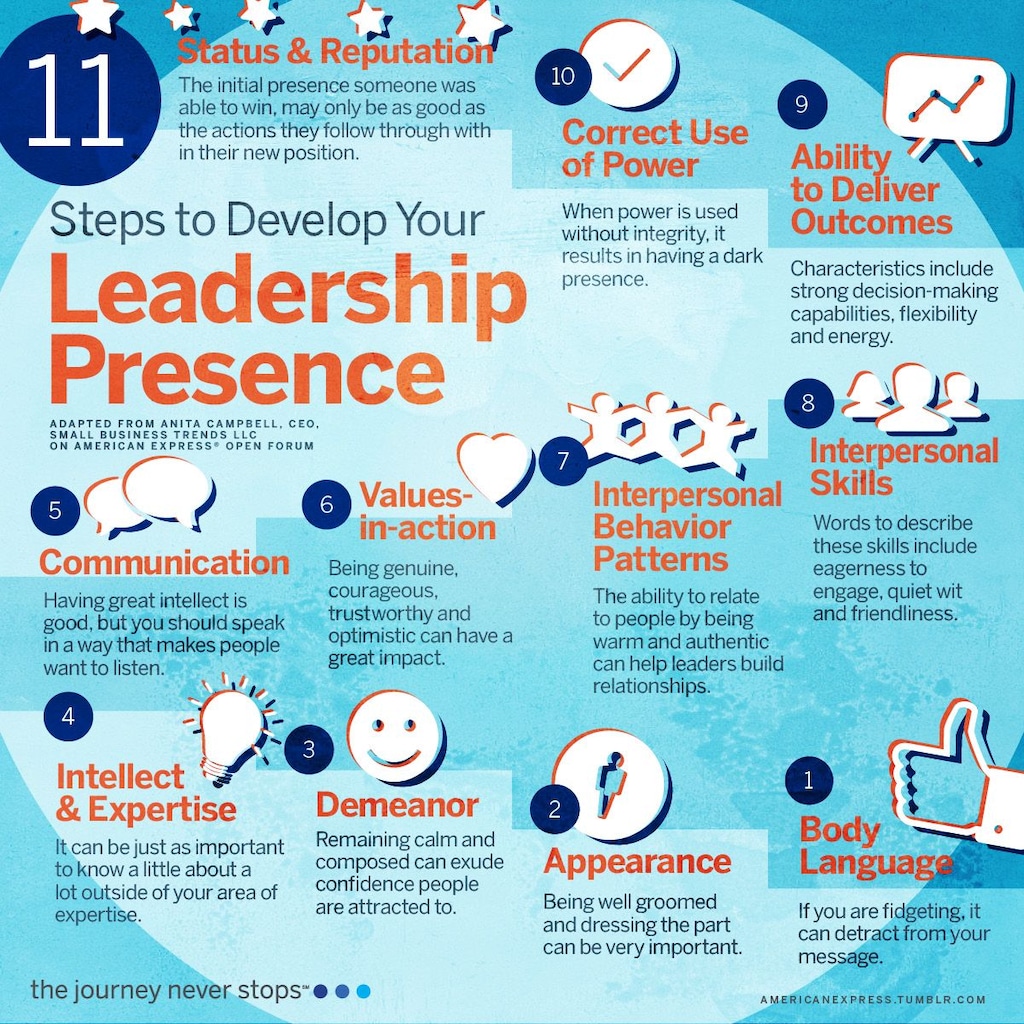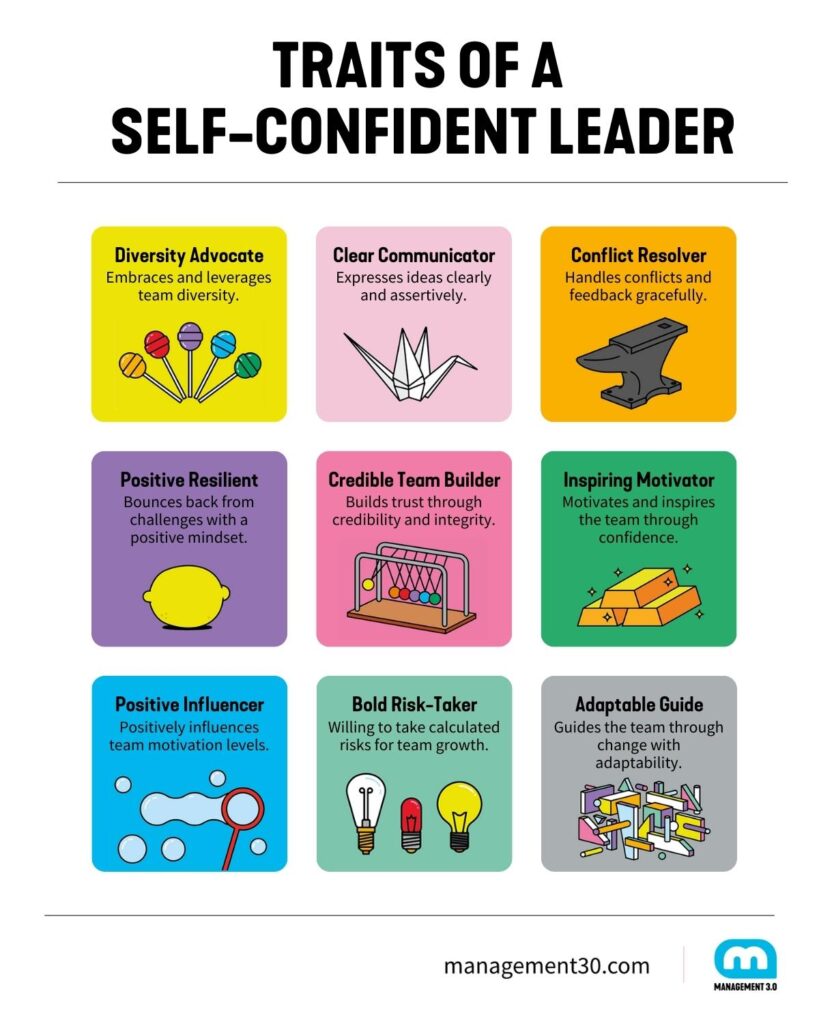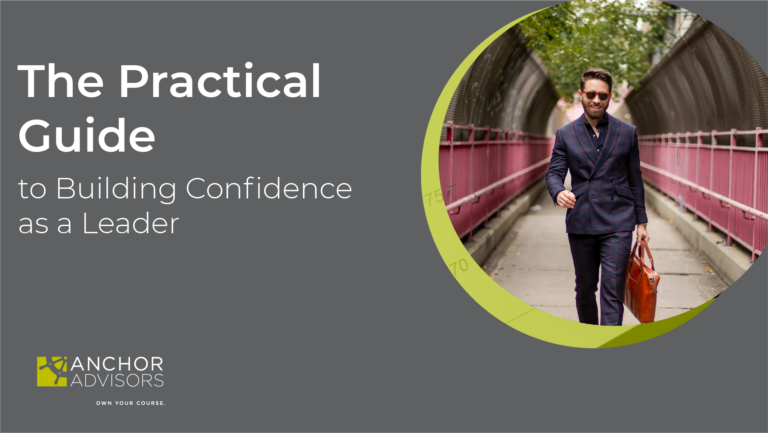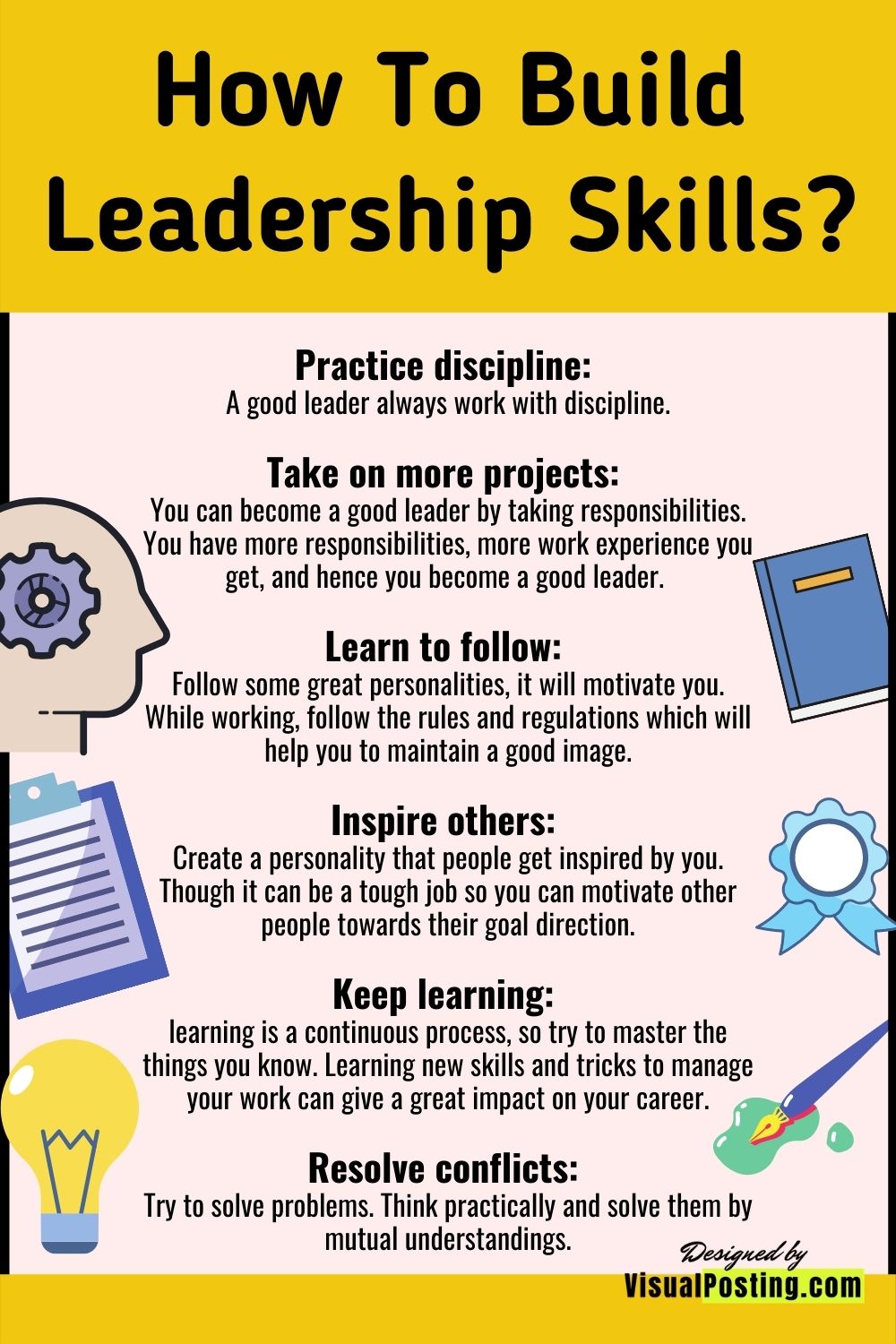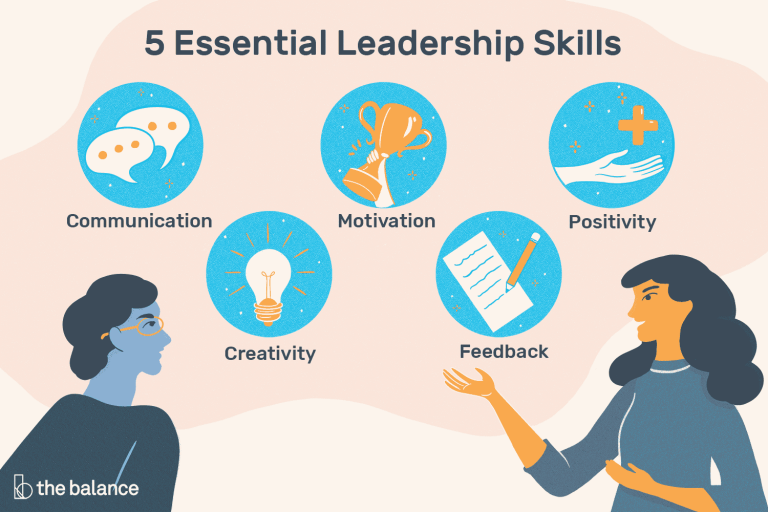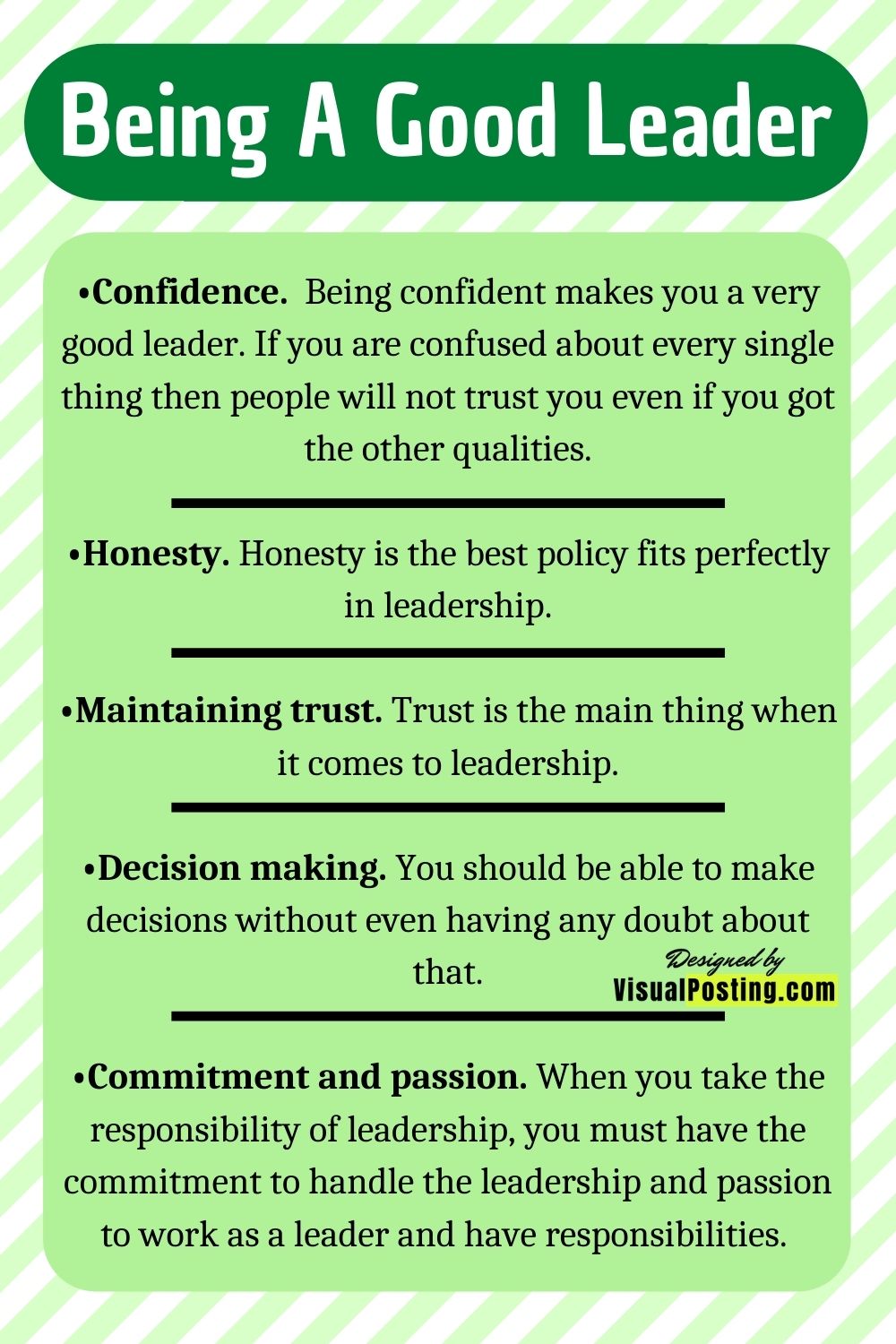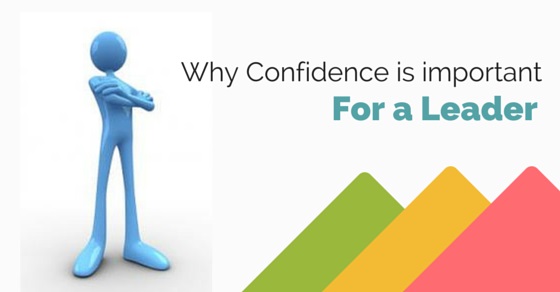How To Become A More Confident Leader

In an increasingly complex and competitive world, effective leadership is more critical than ever. However, many individuals struggle with the confidence needed to step into leadership roles and inspire others. Fortunately, leadership confidence isn't an innate trait, but a skill that can be cultivated through intentional effort and strategic development.
This article explores actionable strategies and expert insights on how to become a more confident leader, empowering individuals to maximize their potential and drive positive change within their organizations and communities.
Understanding the Foundations of Leadership Confidence
Leadership confidence stems from a combination of self-awareness, competence, and a positive mindset. According to a study published in the Harvard Business Review, confident leaders possess a clear understanding of their strengths and weaknesses, allowing them to leverage their abilities effectively and seek support where needed.
Cultivating Self-Awareness
Self-awareness is the cornerstone of leadership confidence. Engage in regular self-reflection to identify your values, beliefs, and leadership style. Consider seeking feedback from trusted colleagues or mentors to gain valuable perspectives on your leadership effectiveness.
Developing Core Competencies
Confidence grows with competence. Identify skill gaps and pursue opportunities for professional development, such as workshops, courses, or mentorship programs. Focus on building expertise in areas crucial to your leadership role, such as communication, decision-making, and problem-solving.
Adopting a Growth Mindset
A growth mindset, as popularized by Stanford University psychologist Carol Dweck, is the belief that abilities can be developed through dedication and hard work. Embrace challenges as opportunities for learning and growth, rather than viewing them as threats to your confidence.
Strategies for Boosting Leadership Confidence
Once you have a solid foundation, it's time to implement strategies that will actively boost your leadership confidence. These strategies focus on building experience, developing relationships, and maintaining a positive outlook.
Embrace Calculated Risks
Stepping outside your comfort zone is essential for building confidence. Start by taking small, calculated risks that align with your goals. Over time, gradually increase the complexity and scope of these risks as your confidence grows.
Build Strong Relationships
Surround yourself with a supportive network of colleagues, mentors, and friends who believe in your potential. Seek out opportunities to connect with other leaders and learn from their experiences.
Practice Effective Communication
Clear and confident communication is crucial for inspiring and motivating others. Practice your communication skills through public speaking opportunities, presentations, and one-on-one conversations. Seek feedback on your communication style and make adjustments as needed.
Celebrate Successes, Learn from Failures
Acknowledge and celebrate your accomplishments, both big and small. When faced with setbacks, view them as learning opportunities rather than personal failures. Analyze what went wrong and identify steps you can take to improve in the future.
The Impact of Confident Leadership
Confident leaders not only excel in their own roles but also inspire and empower those around them. A confident leader is more likely to foster a positive and productive work environment, leading to increased employee engagement, innovation, and overall success.
"Confidence is contagious. So is lack of confidence," said Vince Lombardi, legendary football coach. This quote highlights the importance of cultivating confidence, not just for personal success, but for the overall well-being and performance of the team or organization.
Becoming a confident leader is a journey that requires dedication, self-reflection, and a willingness to learn and grow. By focusing on building self-awareness, developing core competencies, and implementing the strategies outlined above, individuals can unlock their leadership potential and make a positive impact on the world around them.



